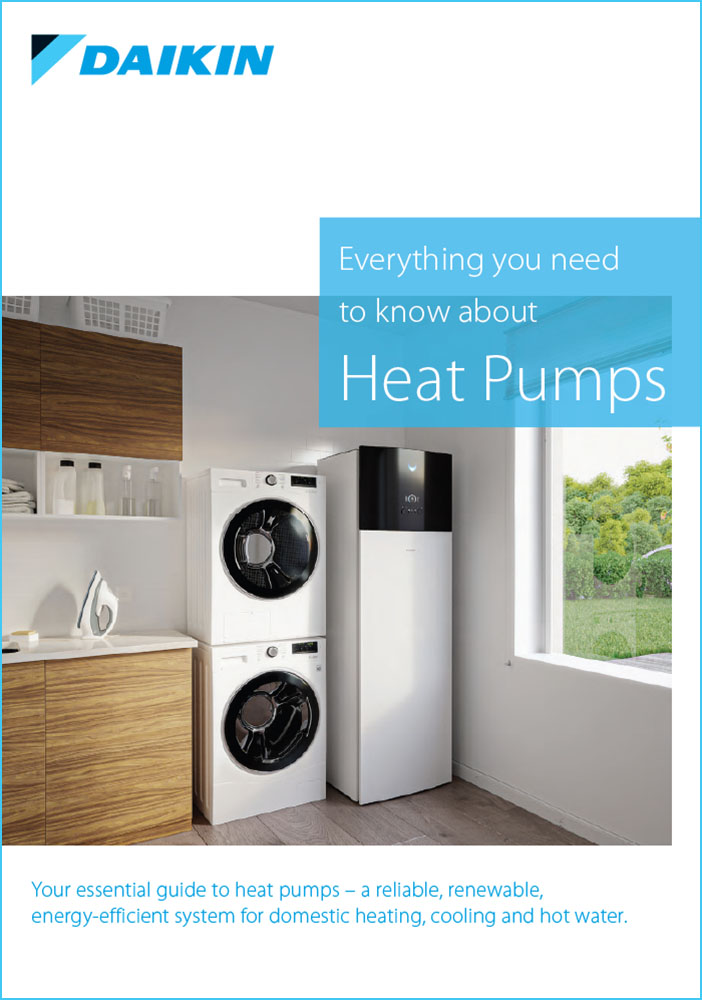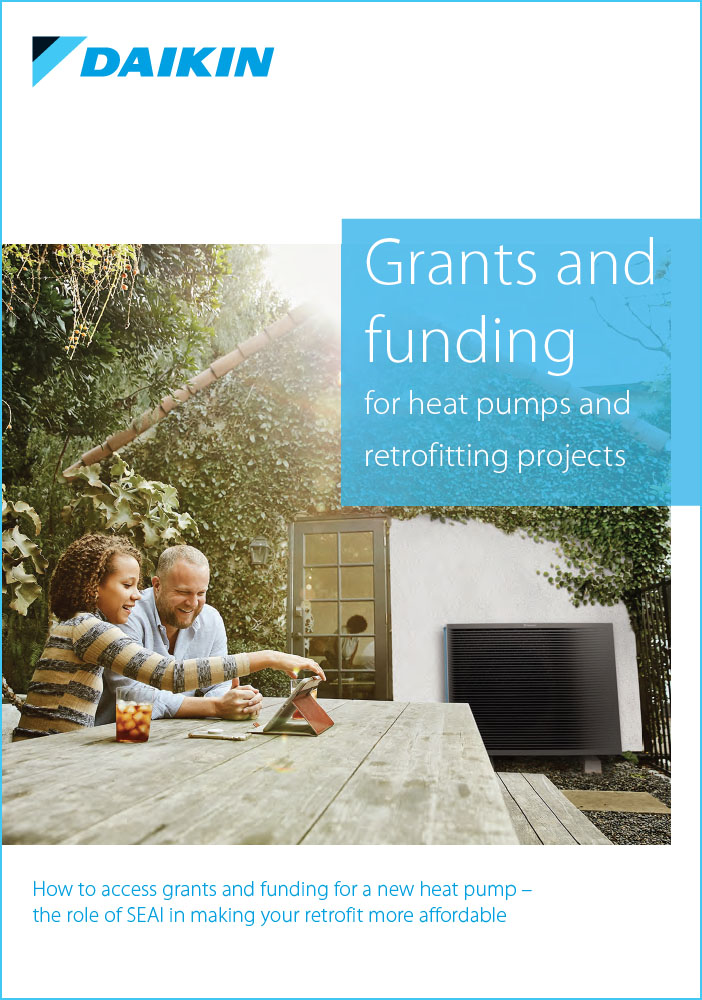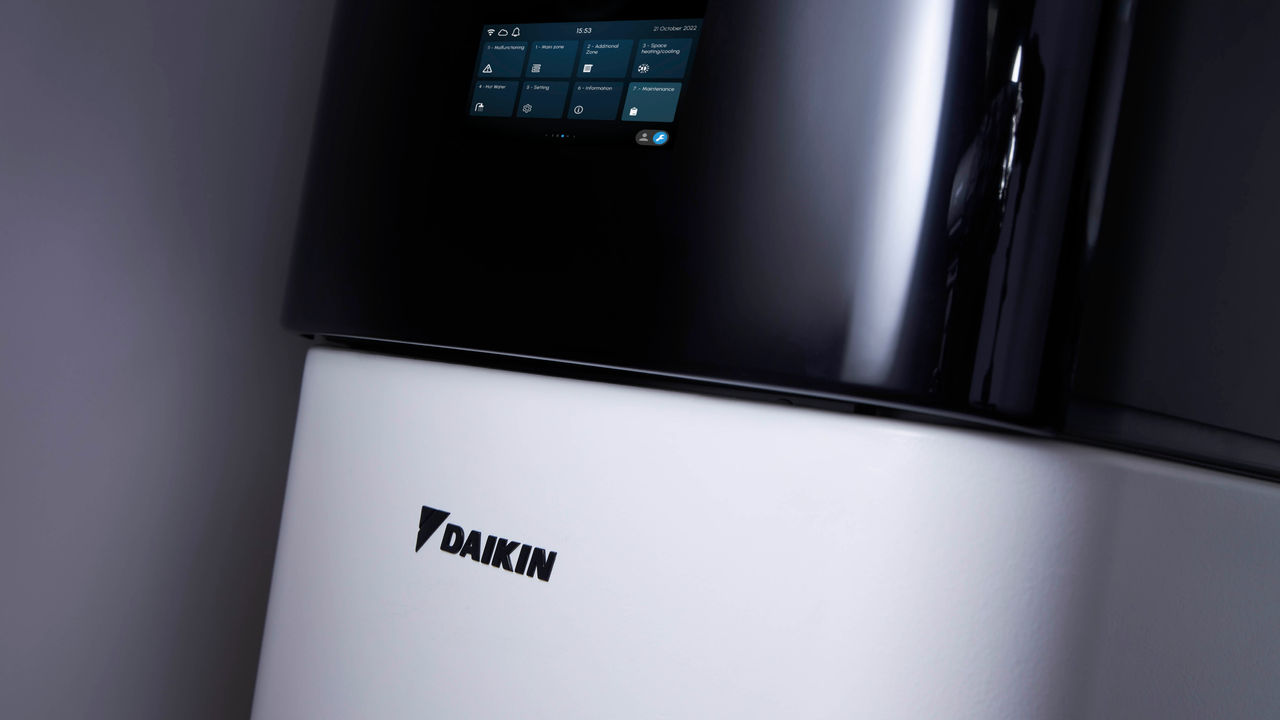
Heat pumps are the future. These super-efficient heating systems run on electricity – instead of oil or gas – and have been identified by Governments around the world as holding the key to decarbonising the way we heat our homes.
Here in Ireland, we have a CAP24 climate target of installing 400,000 heat pumps in existing homes by 2030 (while almost every new build home now has a heat pump installed). We literally can’t get heat pumps into Irish homes quickly enough.
However, in spite of the many benefits associated with heat pumps – lower running costs, more comfort, sustainability – many people are holding back. And one of the things holding them back are the myths, misconceptions and downright misinformation in the media and especially on social media.
Let’s look at some of the most common heat pump myths doing the rounds – and share the real facts.
1. “Heat pumps only work in new homes”
Heat pumps work really well in new homes alright, mainly because new homes are well-insulated and even ‘air-tight’ with minimal heat loss. That means the heat pump can operate at lower temperatures for maximum efficiency.
Older homes are generally not as well-insulated but they are still compatible with a heat pump. Homes that were built prior to 2007, and especially even older homes built before 1995, are just likely to require some form of intervention (e.g. attic/wall insulation) to ensure a heat pump can operate efficiently.
However old it is, you can easily find out if your home is ‘heat pump ready’ by chatting to your local heat pump installer, One Stop Shop or technical assessor. They can help you measure your current energy performance and identify what work (if any) needs to be done to make the building heat pump ready.

2. “Heat pumps are high maintenance”
Nothing could be further from the truth. One of the great benefits of heat pumps is the fact that they are extremely low maintenance heating systems. Once they have been installed, they work away to maintain a steady, reliable level of comfort without the need for the homeowner to do anything.
As a matter of fact, most Daikin heat pump installers will tell their customers to leave their heat pump alone. The system has been set up to suit the individual heating and hot water needs of the homeowner so (unlike the traditional immersion systems many of us grew up with) there’s no need to turn the heat pump on and off; no need to chase the perfect temperature.
If something seems wrong, you should contact your local installer – otherwise just let the heat pump do its thing!
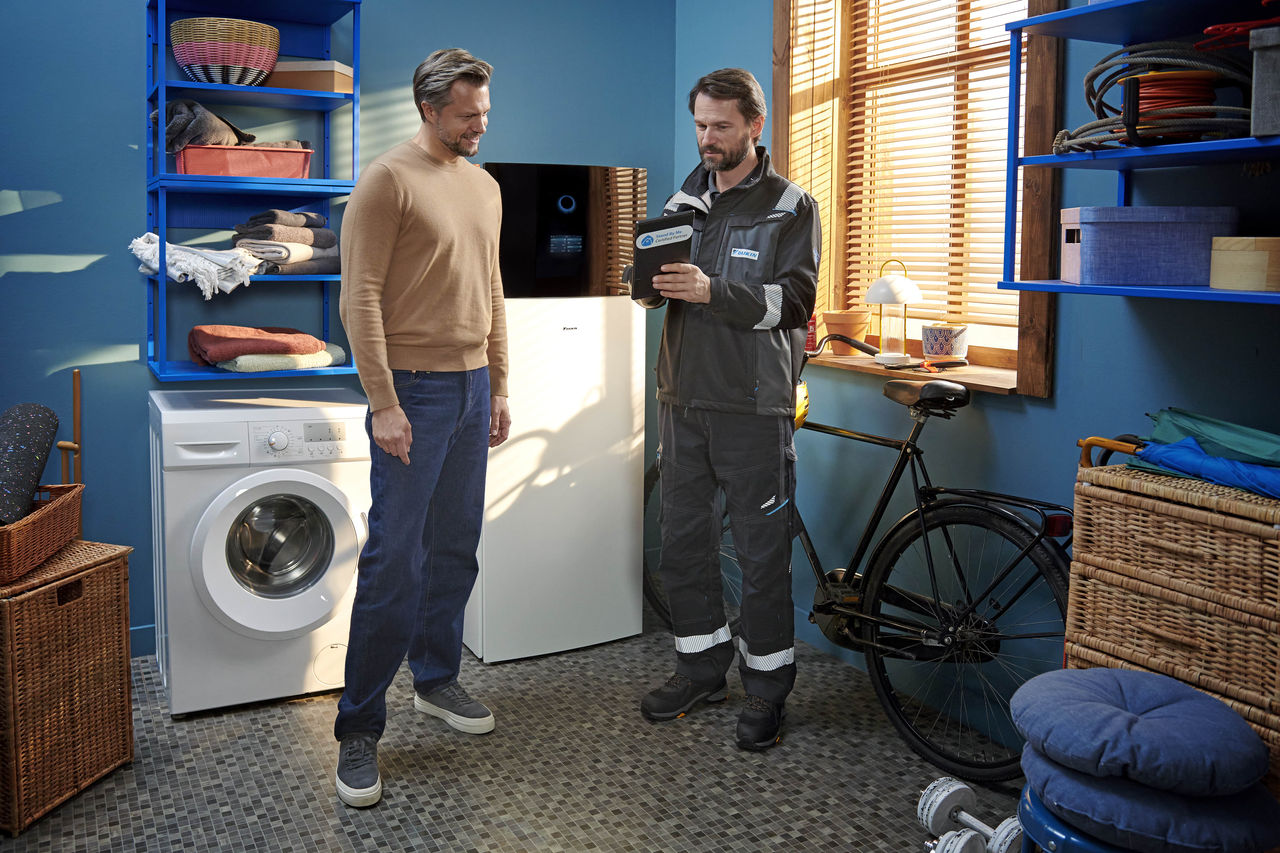
3. "To get a heat pump, I need to have underfloor heating"
No, you don’t. Heat pumps work very well with radiators too. You just have to make sure the radiators are sized to match the temperature from the heat pump, which is lower than the temperature at which a traditional boiler (oil or gas) runs. If you are retrofitting your home with a heat pump, your radiators will need to be surveyed to ensure they can still heat each room at a lower flow temperature. You might have to replace some radiators, but you don’t have to match your heat pump with underfloor heating.
That said, underfloor heating works very well with heat pumps as it runs at a much lower temperature than radiators, due to covering a much larger surface area (typically covering the total floor area, as opposed to the size of a wall-mounted radiator). If you are planning a new build home, underfloor heating might well be your best bet.
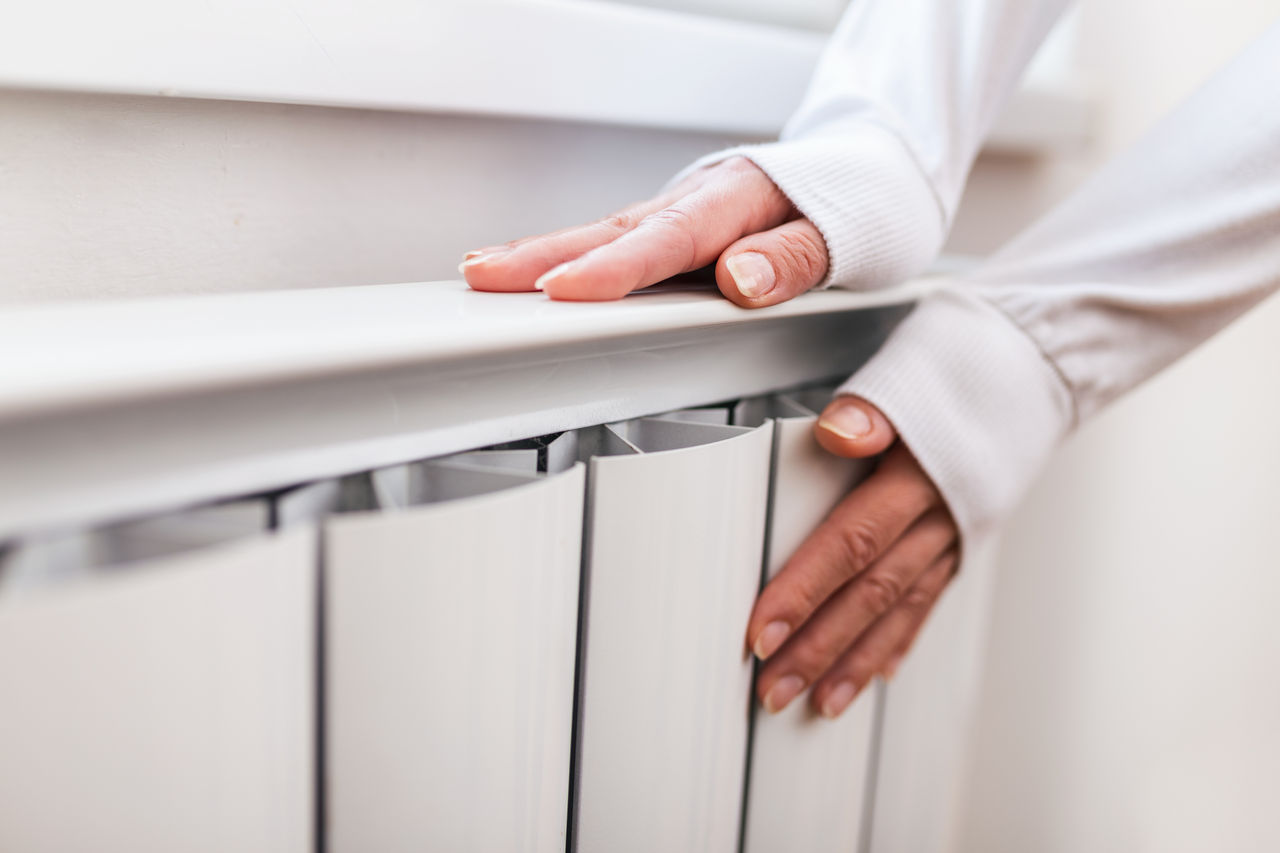
4. "Heat pumps don’t work in freezing temperatures"
That would be strange, considering that the EU countries with the largest share of heat pumps per capita are Norway, Sweden, Finland and Estonia – all countries where temperatures routinely drop as low as -20˚C in winter.
Today, more than 100,000 heat pumps are sold each year in Sweden while in Norway, around two-thirds of all households have a heat pump installed. Somebody better tell those people that “heat pumps don’t work when it’s freezing”!
Daikin heat pumps are manufactured here in Europe, so of course they are built to withstand harsh European (and Irish) winters. Our heat pumps can continue to operate in temperatures as low as -25˚C, extracting energy from the outside air to keep your home at a steady, reliable level of comfort.
Here in Ireland, the lowest air temperature recorded even during the very cold snap in January 2025 was -7.6˚C (in Athenry, Co. Galway) so no matter how cold our Irish winters get, your heat pump will continue to work as usual.
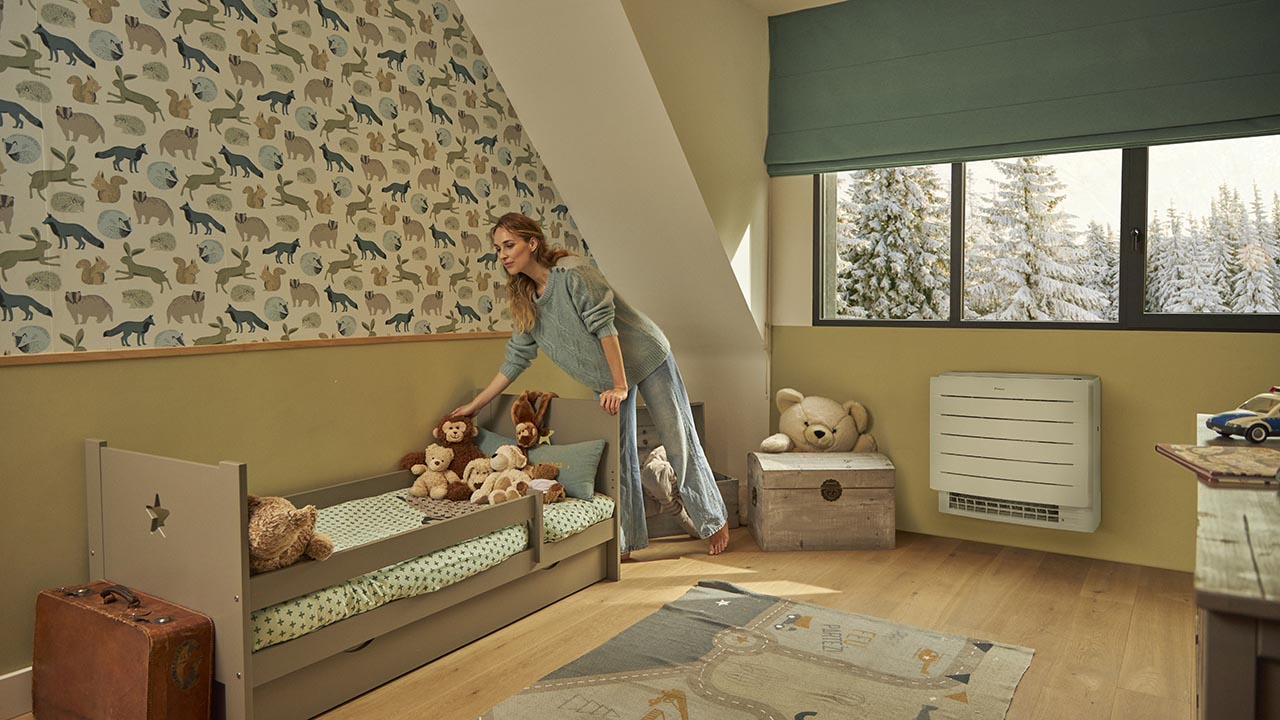
5. "I’ll think about getting a heat pump… when my boiler breaks down"
This isn’t so much a myth as a mistake. Many homeowners, understandably, fall into the trap of continuing to use their existing heating system right up to the point that it breaks down. This usually happens on Christmas Eve, at which point the urgent priority is to restore heat as quickly as possible – a ‘distress’ purchase – rather than exploring options that are more efficient or sustainable, such as a heat pump.
It's also worth noting that installing a heat pump in existing or older homes very often means having to improve the energy performance of the building (for example with new attic/wall insulation) before the heat pump goes in. Meanwhile, in order to avail of SEAI funding for your home energy upgrade, you need to do everything by the book and that also takes time.
The point is, if you’re thinking about getting a heat pump, don’t wait until your boiler collapses. Start planning now by contacting your local Daikin heat pump installer or One Stop Shop. They will explain the steps involved in replacing your boiler with a heat pump, ensuring you take advantage of all available SEAI grants to make the process as affordable as possible.

6. “Heat pumps are fragile and don’t last long”
We can probably file this one in the same category as the heat-pumps-don’t-work-in-winter myth. Heat pumps typically have a lifespan of around 20 years, factoring in proper maintenance. Made in Europe, Daikin heat pumps are built to be long-lasting and durable; they also operate without combustion so suffer less from wear and tear compared to fossil fuel boilers.
Oil or gas boilers, meanwhile, tend to last for 10 to 15 years, depending on use and maintenance. They are under more everyday stress than heat pumps because of the combustion process, so ultimately boilers wear down and break down quicker than heat pumps.
In the longer term, heat pumps also require lower maintenance and they’re also way more efficient than oil or gas boilers. Although heat pumps are a low-maintenance system, an annual service by your local Daikin installer will help to maximise its lifespan and protect your warranty.
7. "Heat pumps are noisy"
Heat pumps do make some noise – but probably not as much as you think. A Daikin outdoor unit, positioned outside the house, is typically no louder than 60 decibels which is about the same volume as an electric toothbrush. The indoor units are even quieter: 30 decibels at most, which makes them quieter than a refrigerator.
Regulations play a part in keeping heat pumps quiet. Heat pumps are not allowed to produce more than 65-70 decibels, depending on their power. Meanwhile, all heat pumps must have a CE label stating their sound level.
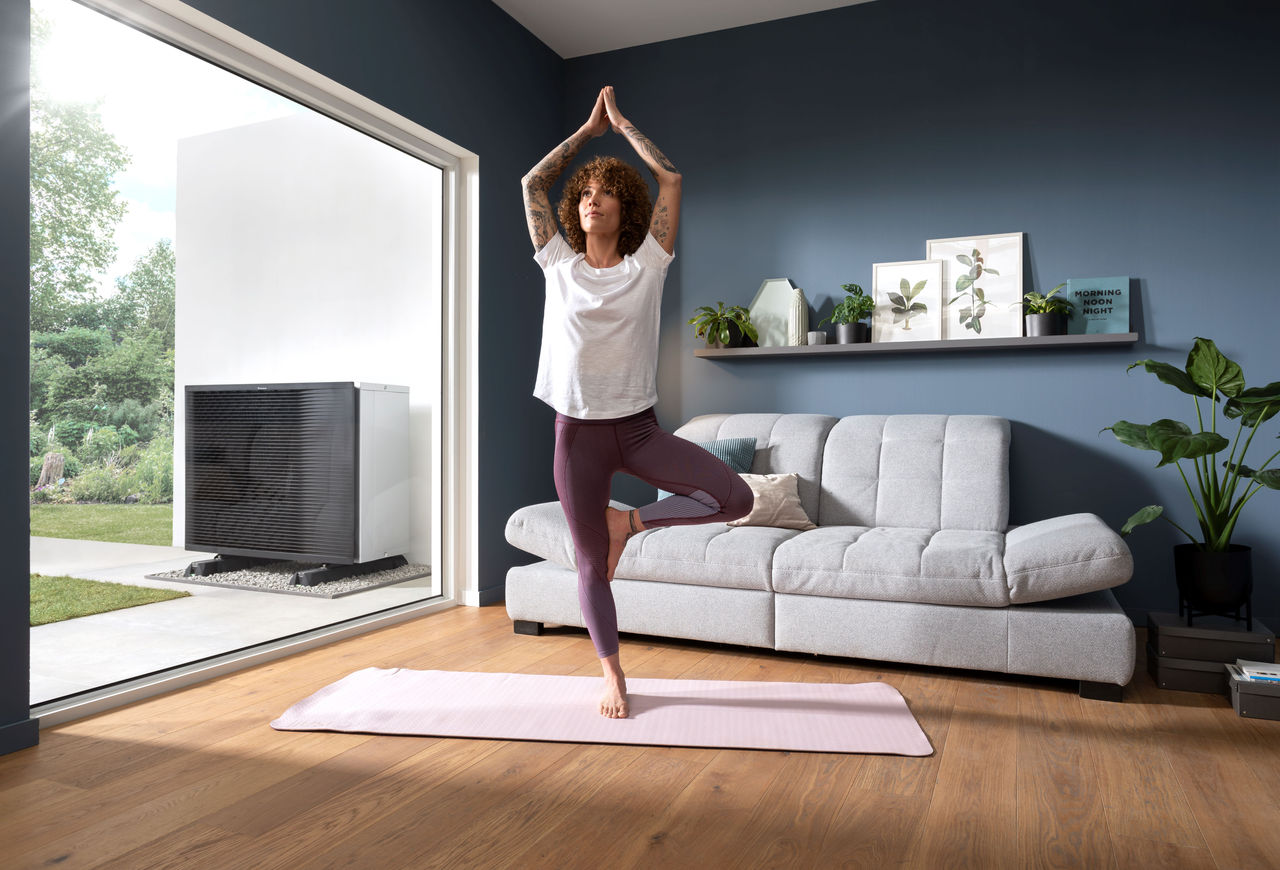
8. "Heat pumps are much more expensive than boilers"
Okay, this one is not a myth. It’s common knowledge that heat pumps are not cheap. On their own, they have a higher upfront cost than an oil or gas boiler. And if they are being installed as part of a full package of home energy upgrades, the price tag is even higher.
On the flip side of that, SEAI continues to push the boat out to make heat pumps more affordable. If you carry out a deep retrofit of your home through the One Stop Shop process, you can avail of a grant of up to €10,500 towards heat pump installation, putting a major dent in those upfront costs.
Although retrofitting your home is a significant investment, this level of grant funding makes the financial aspect more straightforward and more affordable – while also enabling homeowners to future-proof their home energy needs and reduce their carbon footprint.
Ultimately, boilers are on borrowed time. The Government has already banned them from new build homes and doesn’t want you to put one in your existing home either. The chances are, your next heating system will involve a heat pump – the sooner you start planning, the better.
Talk to the people who know
If you’re looking around for information about heat pumps, it’s important to stick to the facts – and avoid the hot air. Talk to your local SEAI-registered contractor or One Stop Shop to find out how a Daikin heat pump can transform the way you heat your home.
Learn more about heat pumps
Visit our Daikin Delves In video series and homeowner brochures below
Find your local Daikin partner installer
Find your local Daikin partner installer here and start the conversation about renewable heating and your very own home energy upgrade today.

